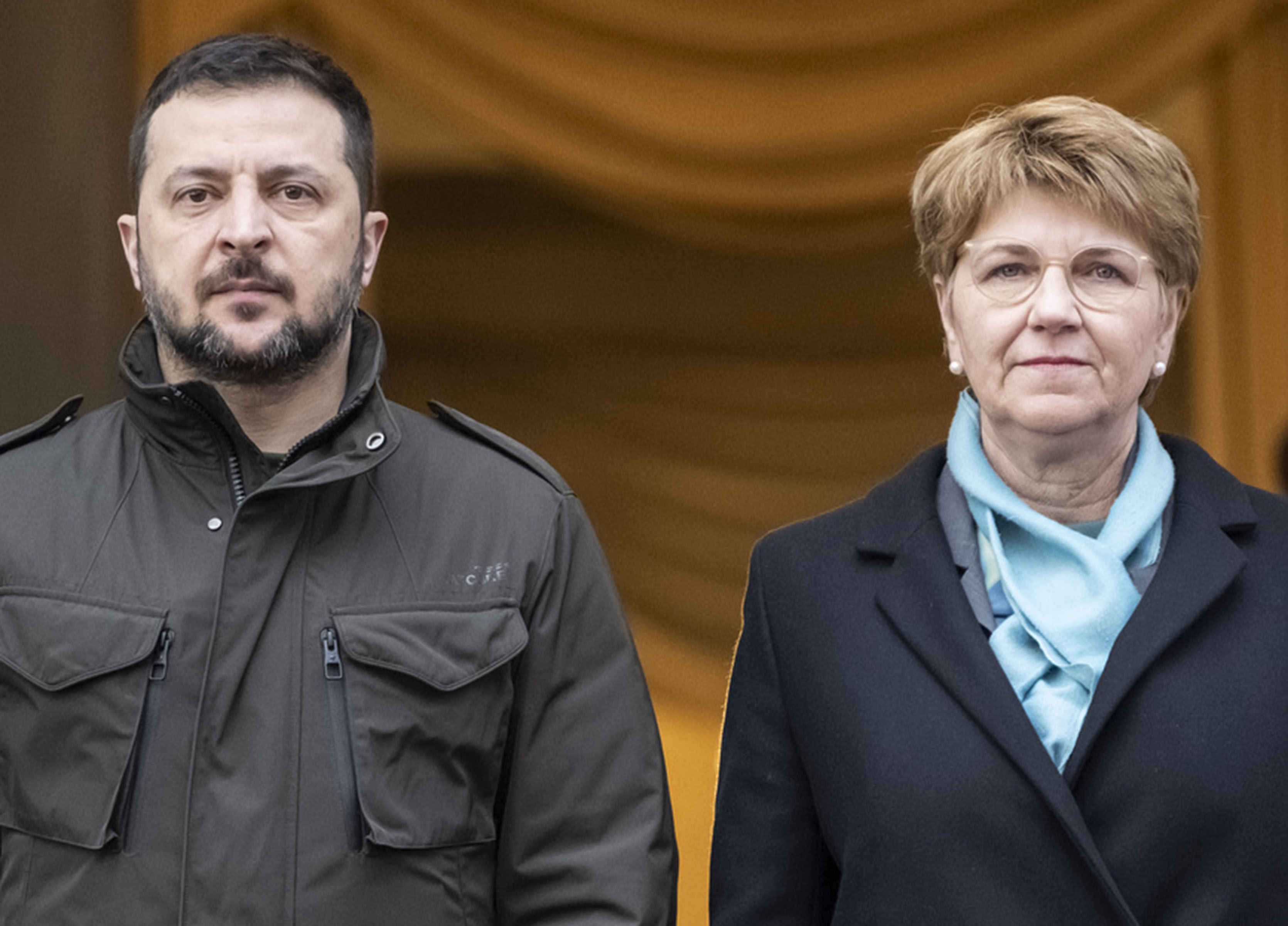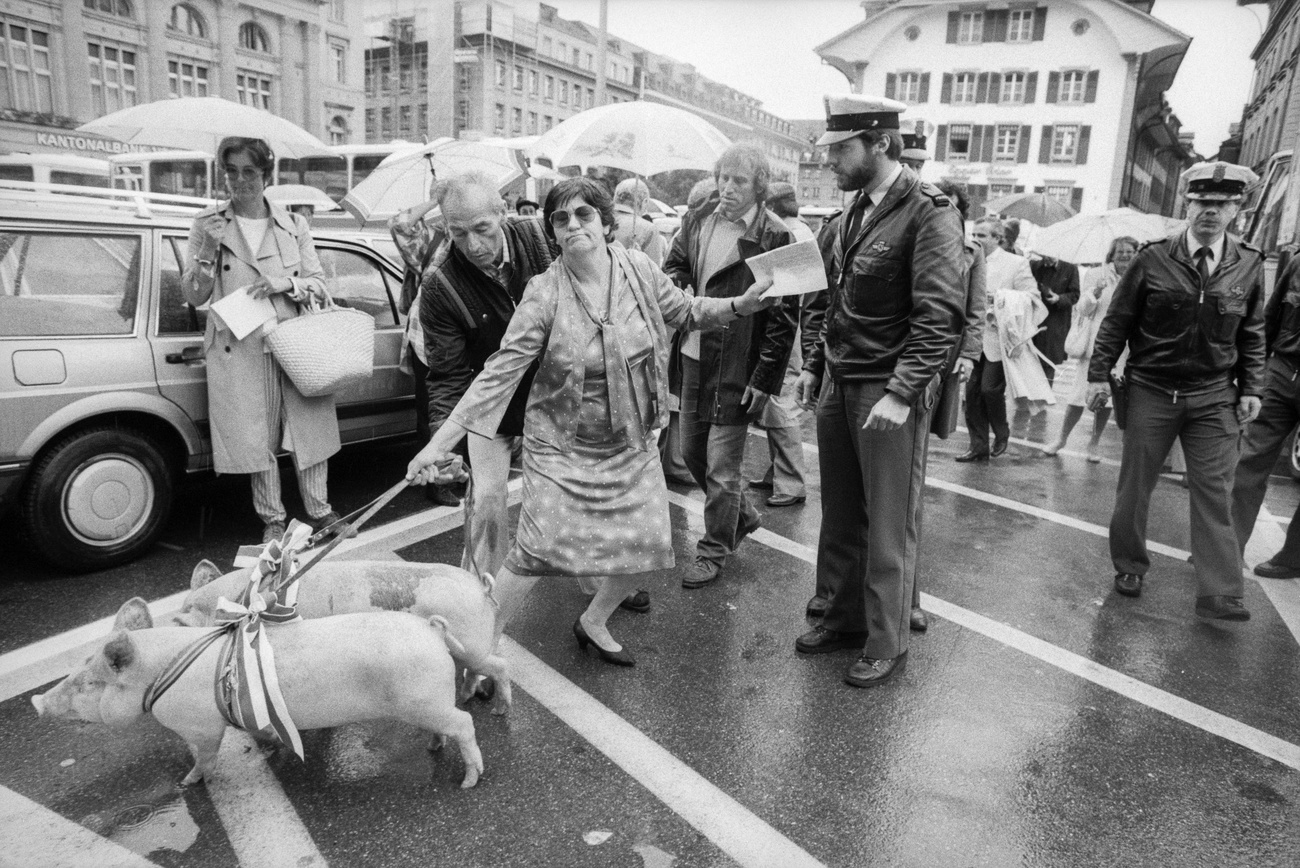Portugal tightens anti-corruption rules to confiscate assets

By Sergio Goncalves and Patricia Vicente Rua
LISBON (Reuters) – Portugal’s minority centre-right government approved on Thursday a set of tougher measures to combat corruption, including allowing courts to confiscate suspects’ assets without a criminal conviction.
Former Portuguese premiers, politicians, bankers, business executives and judges have been embroiled in several high-profile corruption investigations in recent years. Far-right party Chega has capitalised on such probes.
“(There will be) a relentless fight against corruption in Portugal,” Prime Minister Luis Montenegro told a news conference.
Portuguese legislation already allowed for assets to be confiscated for crimes of corruption, economic and financial and terrorism but a criminal conviction was required.
New rules will allow courts to proceed with confiscation if they are “convinced” the suspects’ assets are linked to corruption. They will be able to do so without a guilty verdict, said Justice Minister Rita Judice.
“It (society) must perceive corruption is not worth it,” Judice added.
The rules must be approved by parliament but Judice said the government, which won a general election in March by a slim margin, consulted opposition parties and various entities in the justice system.
But some have already pointed a finger at the measure. Mariana Leitao, from the Liberal Initiative party, argued it would undermine the legal principle of presumption of innocence as well as the right to private property.
“We will never support it,” Leitao said.
Portugal ranked 34th out of 180 countries in Transparency International’s latest Corruption Perceptions Index. A 2023 Eurobarometer survey showed 93% of Portuguese believe corruption is widespread.
The Council of Europe’s anti-corruption agency GRECO said in January that Portugal remained in a “globally unsatisfactory” situation in complying with its recommendations.
The measures also include lobbying regulation and a limit to the appeals that can be submitted to prevent cases from dragging on for years in court without a final decision. The government also plans to increase the protection of whistleblowers.
The latest high-profile case involved former Socialist Prime Minister Antonio Costa, who stepped down in November over a graft investigation into alleged illegalities in his government’s handling of several large investments.
Costa denied wrongdoing, was never charged with a crime and Lisbon’s Court of Appeal and Portugal’s ombudswoman said the investigation was based on speculation, not evidence.







